

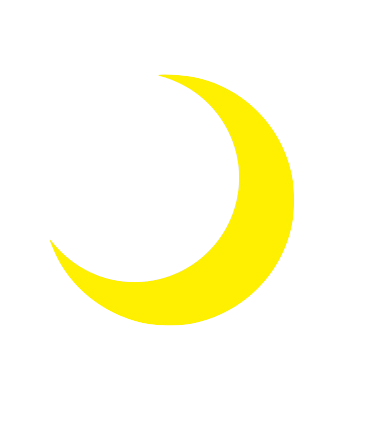

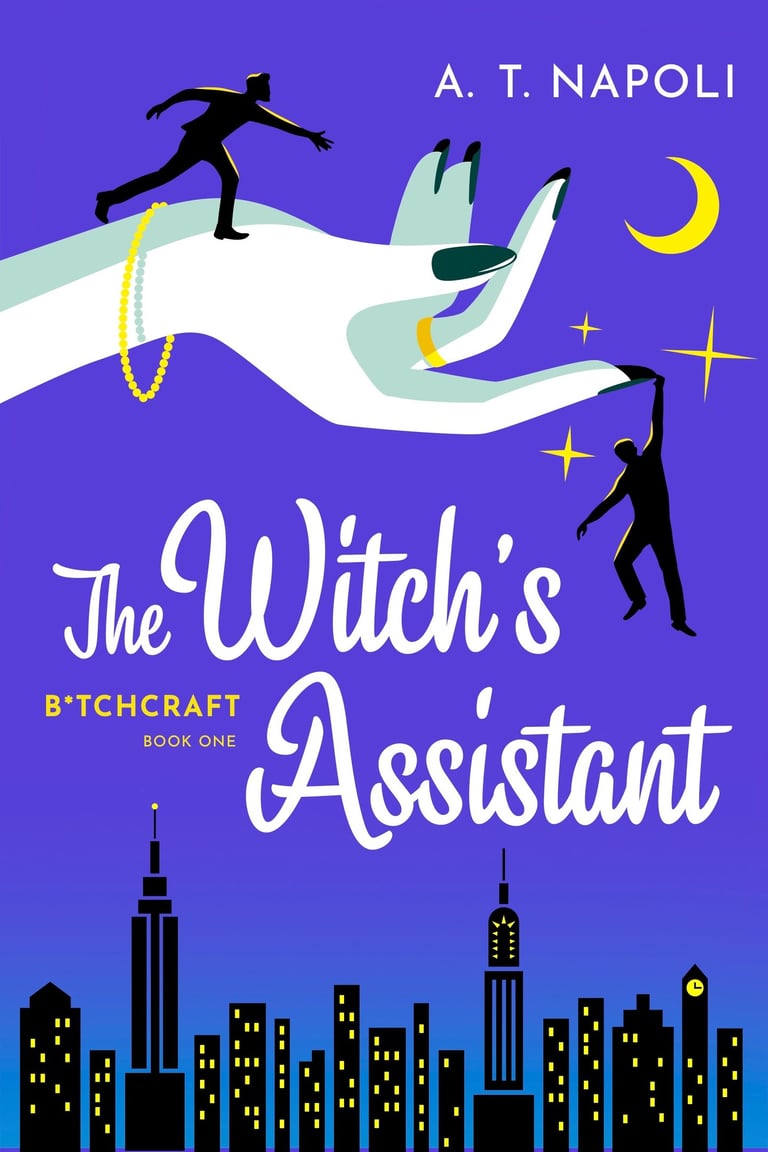

Reader's Guide
A reader’s companion with discussion prompts, themes, and more.
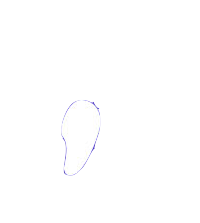
Magic, Makeup, and Metaphor:
The Witch’s Assistant is inspired by real moments in my years working in the beauty and fashion industries as an assistant makeup artist. What began as play and parody became something more. The result is a romantic fantasy about identity, transformation, and self-love, set within a coven that demands your innocence as sacrifice, in a city that promises you nothing.
Whether you’re hosting a book club, leading a classroom discussion, or paging through by candlelight in secret (like the coven’s witches do🕯️), this guide is designed to spark lively conversation...and maybe a little magic of your own. Sink deeper into the glamour and grit of The Witch’s Assistant, B*TCHCRAFT Book One🌙.
xx
A. T. Napoli
A NOTE FROM
THE AUTHOR


🌙✨ Pop Culture Witch Lore
Q: What pop culture witch references did you catch? Which were your favorites? Which witches do you wish had made the cut?
How does The Witch’s Assistant🌙 play with or subvert traditional witch tropes?
What are the "warning signs" of a witch in this world? Eyebrows? Attitude? Uncanny glamour? How do those magical cues mirror real-world traits we label as Other, feminine, or villainous?
👠The Devil Wears…
In Chapter I of The Witch’s Assistant🌙, “The Interview,” we see Clark Crane in a white button-down, sitting across from a haughty Monica Chase-Whiteley, “dressed in far too much black for summer in the city.” From the very beginning, their stark contrast is clear.
But as Clark’s journey deepens, the lines between good intentions and survival start to blur. Where does he assimilate? Where does he resist? How do power, glamour, and ambition shape his transformation?
What is Clark’s overarching emotional arc? Who is he at the start, and who has he become? What does he learn—about magic, power, love, and himself?
Is Clark a sympathetic character? A moral one? Where do you see him cross (or toe) ethical lines?
👸 Fairytales Come to Life
“I am the Sovereign, the Witch Queen, reigning supreme in this world. In my time, they have called me many names: Hecate, Medea, Lilith, Circe, Morgan le Fay. I am the one all your beloved stories are written about. The first and the last of the Original Witches. I have always been here, and I always will be.” —Chapter XI, "The Powers That Be"
Clark is a reader first. raised on the Grimm’s Fairytales his grandmother read him, raised again by “Hermione and the Sandersons” as he tells a testy Monica, and then raised by himself when he runs away from home and into the arms of his escapist fantasies. When he enters the witching world, he draws comparisons to Gatsby; when he finds his Prince Charming in Joey, it feels like a fairytale romance… at least at first. He sees his longing reflected in the stories he’s consumed—stories that shaped his hopes for magic, love, and a life more extraordinary.
What do fairytales promise to someone like Clark, who’s grown up an outsider longing for escape, love, or a life more magical than his own?
Consider:
What is the wish Clark makes at the story’s start? How does it come true in unexpected ways?
What “wishes” does Joey carry?
In what ways is Joey a fairytale romance for Clark—and in what ways is he not?
When do the stories Clark clings to serve him, and when do they mislead him?
How do stories and fantasy shape Clark’s identity, desires, and sense of reality? Where do those ideals begin to clash with his lived experience?
🕸️ As Above, So Below
Clark reads about witches… and there witches appear. He wants magic and finds it, but at a cost. Whether he’s manifesting, chasing, or simply receiving, there’s a clear thread: his inner world and outer world are eerily aligned.
How does Clark’s internal state shape his external reality? Do his thoughts and longings conjure the world around him. or is he responding to a path already written? In a magical universe, what is coincidence? Is Clark choosing this life, or is it choosing him? And, by extension, do we?
🎭 What’s in a Name?
Names hold power in The Witch’s Assistant. Some names brand you. Others can get your foot in the door at Charisma Saintly Inc., where appearances are everything, and identity is often performance.
How does Clark’s superhero name shape his identity in the story? Charisma Saintly's or her sister Lorena's? Do names in Charisma’s world reflect truth, or do they obscure it?
Are the names we choose a form of magic in their own right?
🪄Impractical Magic
In Chapter VIII, we learn about Emily's personal power, called a witch's Gift. What is Clark's own personal "impractical magic" in The Witch's Assistant? How does it set him apart from the coven? How do empathy, morality, and feeling become liabilities in a world like Charisma’s?
🪞 Mirror, Mirror
Clark doesn’t feel prosperous enough, handsome enough, or special enough. He measures his life through lack—and finds it mirrored back to him in the witching world. Even his Ideal Self appears to him in his dreams: more confident, stylish, and magnetic than he feels in waking life. What does that reveal about his relationship to self-worth and desire? What do the boxes he tries to check (success, romance, status) say about his belief in what’s required to be “enough”?
When others, especially the witches, measure him against those same standards, what tension does that create?
What does it mean to Clark to be self-actualized? How close is Clark to that version of himself? Is he becoming who he wants to be, or who he thinks he should be?
🇺🇸 American Dreaming
“Hmm. I… guess I’m doing it because it could lead to other, better things,” Clark said. “The opportunity kinda fell in my lap, and I’d be crazy not to take it, I think. A year there can open many doors, or so I’m told…”
“If you can make it there,” Joey mused. —Chapter V, "VIP"
New York City: If you can make it there, you can make it anywhere...right? Clark feels stuck, boxed in by circumstance. So when an internship in Charisma's empire appears, it feels like a lifeline. But whose dream is he really following? And at what cost?
How do Clark’s desires—for success, love, or purpose—shape his decisions throughout the novel? When does the dream become a trap? Did you find his ambitions relatable? Why or why not?
🌗 Compare & Contrast
Monica advanced on him and, leaning in, spoke in a dangerously lower voice than before. “Then listen to me very, very carefully, so that you don’t fuck this up, for my sake: a good assistant—and that includes you,” she said in a hiss just above a whisper, hovering over him closer and closer, “is seen and not heard. One must always be on time. Always. One must speak only when spoken to; one must do exactly as they are told; and one must always look busy. Actually, don’t just look busy. Be busy. Don’t laugh. Don’t smile. Don’t even so much as breathe out of turn. Never save the day. Never forget your place. Your one and only function, your sole purpose here, is to serve Charisma, and by extension, me. Got that? Everyone has a role; this is a well-oiled machine; and when one steps out of line, one gets cut. Do not step out of that line. Do you understand me?”
Clark gulped. He looked her in those gray-blue eyes, hollow and wild. He replied, “Got it.”
She handed him a third envelope. “Be back in thirty minutes, or this time, don’t even bother coming back..."
In Chapter II, "First Day," Monica outlines the terms of Clark's survival. She tells him that a "good assistant" is hardly seen and rarely, if ever, heard: rules that convey Clark is just one of the many gears keeping Charisma's empire turning and her hierarchy preserved. But by then, Clark has already wished for more.
What is the cost of playing small in Clark's world, and why? In Charisma's? What do you think is to blame? His environment? His self-image or self-esteem? Do these same rules apply to others? How does Clark react and rebel against the roles he is expected to play? In the end, how do these two worlds converge?
What other dualities do you see in The Witch's Assistant🌙?
🫥 Self/Consciousness
From the moment he arrives, Clark is not just watched, he’s read. His purpose in Charisma’s world is felt at every turn:
The witches call him “junior assistant,” “boy,” or “kid.”
They permeate the air he breathes with cigarettes and celebrity fragrance.
They silence him with a thought. like in Lorena’s office, when his mouth literally snaps shut.
They haunt his dreams night after night, his 3 a.m. visitations a torment (literally riding him, in the folkloric origin of the word "nightmare").
They make him hyper-aware of what he lacks—money, power, the right shoes.
And all the while, he’s expected to perform miracles for a boss he’s meant to admire but doesn’t even know—until it’s too late to turn back.
Through The Witch's Assistant🌙, it seems the boundaries of Clark’s identity and agency are at odds with the coven. His sense of self is constantly blurred and challenged, right down to his name.
How does Clark resist or absorb the coven’s control? What does this challenge to his identity result in? Does Clark find freedom?
How does Clark navigate his invisibility and silence when with the coven? Throughout the story, what emotional or magical breakthroughs emerge as a result of this psychological pressure and his inner world? When is Clark hiding—and when is he protecting himself? Can someone be seen if they don’t feel safe being known?
🌟 Power & Projection
What does Clark admire in Charisma that he feels he lacks in himself? Is it her confidence, her control, her mythos? Why might someone like Clark—sensitive, uncertain, and searching—be drawn to someone like her? Why might he project so much onto her?
What happens when we project our desires onto those who hold power over us? And what does it cost to chase that kind of reflection?
🏃🌬️ Highs & Lows, Runners & Chasers
In The Witch’s Assistant 🌙, Clark and Joey's time together is mostly spent at home in Astoria, watching movies—witch movies, naturally. ’Tis the season! 🎃
As their relationship progresses, it's clear that Clark knows his coffee, Joey his substances. Clark’s world is fast-paced and dangerous; Joey's, stable and secure. But when it comes to love, Joey acts fast.
What is Joey running toward? What about Clark? And what are they each running from? How do those past wounds and future hopes shape their choices. and their relationship?
What role do parties, nightlife, or substances play in Clark’s world. socially, magically, or emotionally? Is it escape, performance, or addiction?
🌚Liminality
Twilight is Clark’s favorite time of day: that soft, in-between moment when the sky turns periwinkle.
What might this "blue hour" symbolize for him? How does twilight reflect Clark’s emotional landscape, identity, or sense of place in the world? What contrasts arise from this moment in Chapter 1? Where does he find moments of safety?
Consider: Twilight represents not just the in-between, but uncertainty, duality, and longing. It’s a space where Clark is neither fully seen nor fully hidden.
What does the firefly in Chapter I symbolize? What does it represent to Clark, and what does its departure signal?
How do locations like the RFK Bridge, Queens, Brooklyn, and Manhattan reflect the emotional landscape of the story? Which world feels most real. and why?
🦄 (Anti)Hero
How do Clark’s innocence and naivety both help and hurt him as he navigates the coven?
How do race, gender, class, and queerness impact the power dynamics within the coven. and Clark’s struggle to survive within it?
Does Clark’s outsider status make him more vulnerable or more powerful?
🤍 Flower Power
Both Grandma Wanda and Charisma favor gardenias. a white flower known for its delicate scent, and symbolizing purity and innocence.
How might this shared detail connect them thematically? How does this shared fragrance make Charisma’s power feel personal? Does Clark, even subtly, feel like he holds a piece of her when he recognizes the scent?
What does it mean when something dangerous smells familiar? What might it suggest about how Clark is drawn into Charisma’s orbit, or how scent can symbolize memory, seduction, and familiarity?
💕 Chosen vs. Unchosen
Clark, an only child and a product of divorce, carries a quiet ache: the sense of never having been seen for who he is—not by his parents, not by life.
What does it mean to be chosen by someone like Joey, in a world that has often overlooked someone like Clark? What does Joey’s connection to Charisma represent for Clark? His relationship to queerness? To New York?
What does being "chosen" mean to Clark. romantically, professionally, magically? What happens when that need clashes with self-trust?
Consider the moments Clark ignores his intuition. Why does he override it? What are the risks when longing eclipses gut instinct?
👁️🗨️Now You See It, Now You Don’t
Witches exist both openly and secretly in The Witch’s Assistant🌙.
What parallels can you draw between the witches’ secret existence and real-world systems of privilege, performance, or exploitation?
In what ways does cult-thinking manifest in the coven?
The Witch’s Assistant plays with the idea of selling your soul for success. What would selling your soul look like in today’s society, outside of magic? Are there industries that function this way? Do you have your own "witch's assistant" tales to tell?
🔮 Looking Forward
Clark’s journey is only beginning. What do you hope he discovers in Book 2, A Witch’s Ascension 🌙. about love, magic, or himself?



CONTACT
© 2026 A. T. Napoli. All rights reserved. All spells final.
Join the mailing list for the latest updates and exclusive content on THE WITCH'S ASSISTANT and its sequels.
Don't Break the Circle...
There's no in
Btchcraftbooks@gmail.com


The Witch's Assistant
B*TCHCRAFT Book One 🌙
A quirky, queer DEVIL WEARS PRADA fantasy — KIRKUS REVIEWS
